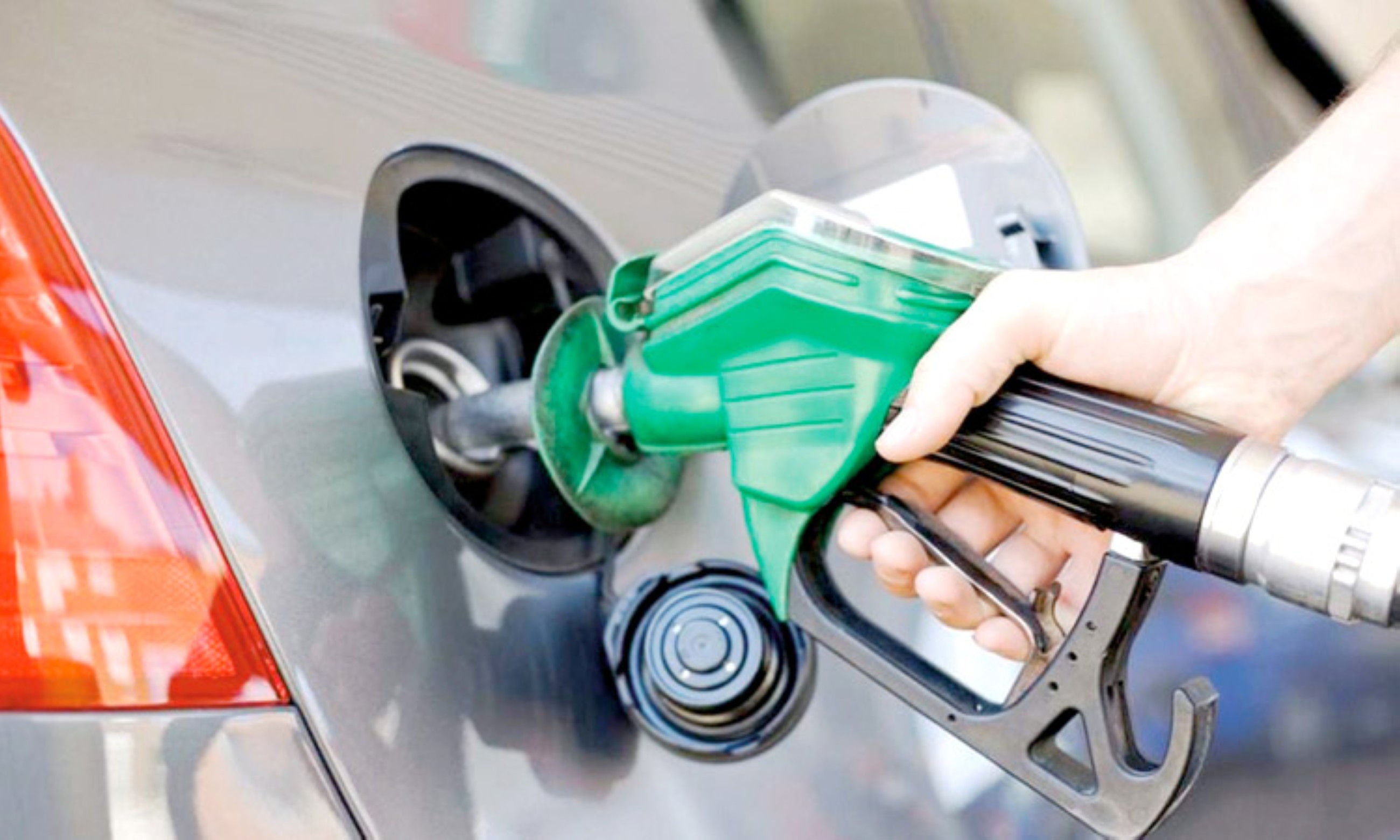UAE Fuel Price Committee Announces Adjustments for May 2025: A Comprehensive Overview
In a recent decision that is sure to affect the daily lives of residents and the broader economy, the UAE Fuel Price Committee has officially set the fuel prices for the month of May 2025. These adjustments reflect ongoing trends in the global energy market, alongside domestic economic considerations.
The announced prices are as follows: diesel is set at Dhs2.52 per litre, while the cost of Super “98” petrol will be Dhs2.58 per litre. Meanwhile, Special “95” petrol is priced at Dhs2.47 per litre, and E-Plus “91” comes at Dhs2.39 per litre.
Contextualizing Fuel Price Adjustments
Fuel prices in the UAE are determined monthly by a committee that takes into account various factors, including international crude oil prices, exchange rate fluctuations, and supply-demand dynamics. The adjustments made for May reflect a broader economic scenario seen across the region, where energy prices are in flux due to geopolitical developments, production levels in oil-rich nations, and global demand.
Recent months have seen varying trends in oil prices, influenced significantly by factors such as OPEC+ decisions, geopolitical tensions, and developments in renewable energy technologies. For the UAE, a nation that has long been dependent on oil revenues, fuel prices are pivotal not only for budgetary allocations but also for inflation control and overall economic stability.
Implications for the UAE Economy
The implications of these price adjustments extend beyond mere numbers; they resonate deeply within the economic fabric of the nation. Increased fuel prices often result in higher operational costs for businesses, particularly those reliant on transportation and logistics. This, in turn, may affect consumer prices, leading to inflationary pressures that can influence discretionary spending.
Additionally, the cost of fuel directly affects sectors such as tourism and retail, both of which are crucial to the UAE’s diversified economy. As the nation strives to position itself as a global business and tourism hub, keeping fuel prices manageable remains integral to its aspirations.
Conversely, sustained high fuel prices can yield benefits, allowing the government to bolster infrastructure investments, enhance public services, and promote initiatives in renewable energy. The UAE has been making strides in diversifying its energy portfolio, focusing on sustainable alternatives to reduce its carbon footprint and reliance on hydrocarbons.
The Global Energy Landscape
To understand the implications of the UAE’s fuel price adjustments, it is essential to consider the global energy landscape. In recent years, fluctuations in oil prices have been commonplace, driven by changes in production levels, geopolitical stability in oil-producing nations, and the increasing emphasis on sustainable energy practices worldwide. For instance, the rising prominence of electric vehicles and alternative fuel sources has led many countries to reconsider their energy dependencies, creating both challenges and opportunities for traditional oil exporters like the UAE.
In light of these dynamics, the UAE government has been proactive in adapting to potential shifts in the energy market. Initiatives like the Energy Strategy 2050 aim to increase the contribution of renewable energy and reduce carbon emissions while ensuring a sustainable energy supply. As the UAE continues to navigate this transition, maintaining stable fuel prices may serve as a buffer against the volatility that characterizes the fossil fuel market.
Conclusion
The announcement by the UAE Fuel Price Committee regarding fuel prices for May 2025 has elicited essential reflections on both its immediate and broader economic ramifications. As adjustments become effective, residents and businesses alike will need to adapt to these changes, which are symptomatic of the larger trends characterizing the global energy market.
It remains to be seen how these price changes will influence consumer behavior, business operations, and the UAE’s growth trajectory amid an evolving energy landscape. As the nation balances its traditional reliance on fossil fuels with an eye toward sustainable practices, the implications of fuel pricing will undoubtedly continue to reverberate across various sectors.
Tags: #UAE #EconomyNews #BusinessNews

